Isabelle D.G, continues her series about moving to Lanzarote’s rural north, a place of timeless calm still rooted firmly in an agricultural past.
At the moment, I’m living something of a double life. By day, I’m still firmly anchored in Puerto del Carmen: the office, the emails, the soundtrack of flip-flops slapping across the pavement and holiday karaoke drifting from every bar.
By evening, I trade it all for Máguez — where the only rush hour consists of a goat, two hens, and the neighbour blocking the road to chat about tomato prices.
It’s a strange rhythm, this half-and-half existence. Monday to Friday, it’s urgent emails, last-minute showings, and everyone expecting miracles on demand; evenings and weekends, it slows to a pace so gentle the air itself could be bottled and sold as therapy. One foot in bustle, the other in stillness. A commute not just between towns, but between worlds.
And my new world is now called Máguez. Nestled in the north of Lanzarote, the village speaks softly but carries a deep history. Its name is believed to have Berber roots, a nod to the island’s indigenous past.
Once, its fields were the island’s breadbasket, supplying onions, corn (gofio), and potatoes. Today, the stone terraces and dry-stone walls stand as quiet witnesses to that agricultural legacy. The land here says little, yet it carries the weight of centuries with quiet pride.
Of course, not everything about this split geography is rustic bliss. There’s also the question of romance. Yes, my falconer (not a phrase I ever imagined casually dropping into conversation), who is rooted in the south in his own mountain hideaway near Tías, gives me one more reason to make the journey.
They say true love conquers all — though a reliable car and a steady WhatsApp signal certainly improve the odds. And let’s be honest: he trains birds of prey for a living. If he can coax a falcon to circle back, surely love will find its way across a few extra kilometres.
So for now, life is a balancing act. I’m discovering that it’s entirely possible to feel at home in two places at once — to swap sandals for high heels without ever quite losing track of either. I’m discovering a new kind of freedom — a reminder that life, like moving house (or love, or falcons), is mostly improvisation.
And perhaps that’s the real adventure: learning the stories that only a village like Máguez can tell with some characters who make the streets come alive. There’s plenty more to uncover, and I can’t wait to share it with you next month.



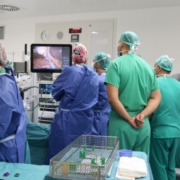
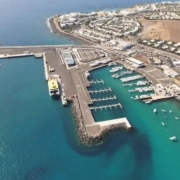
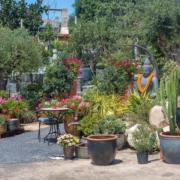
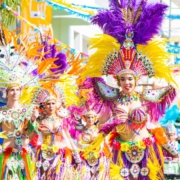
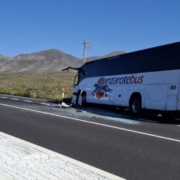
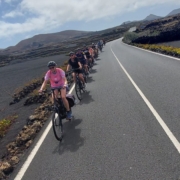


Leave a Reply
Want to join the discussion?Feel free to contribute!